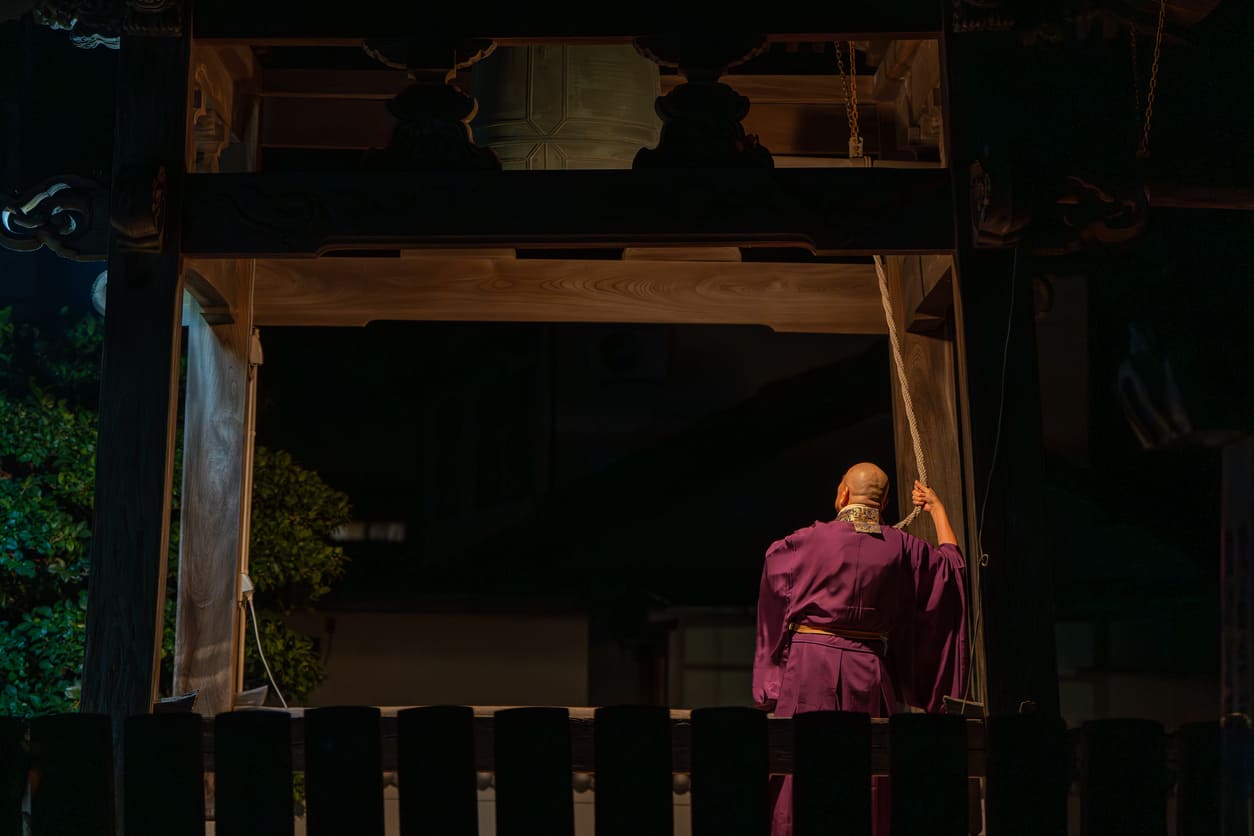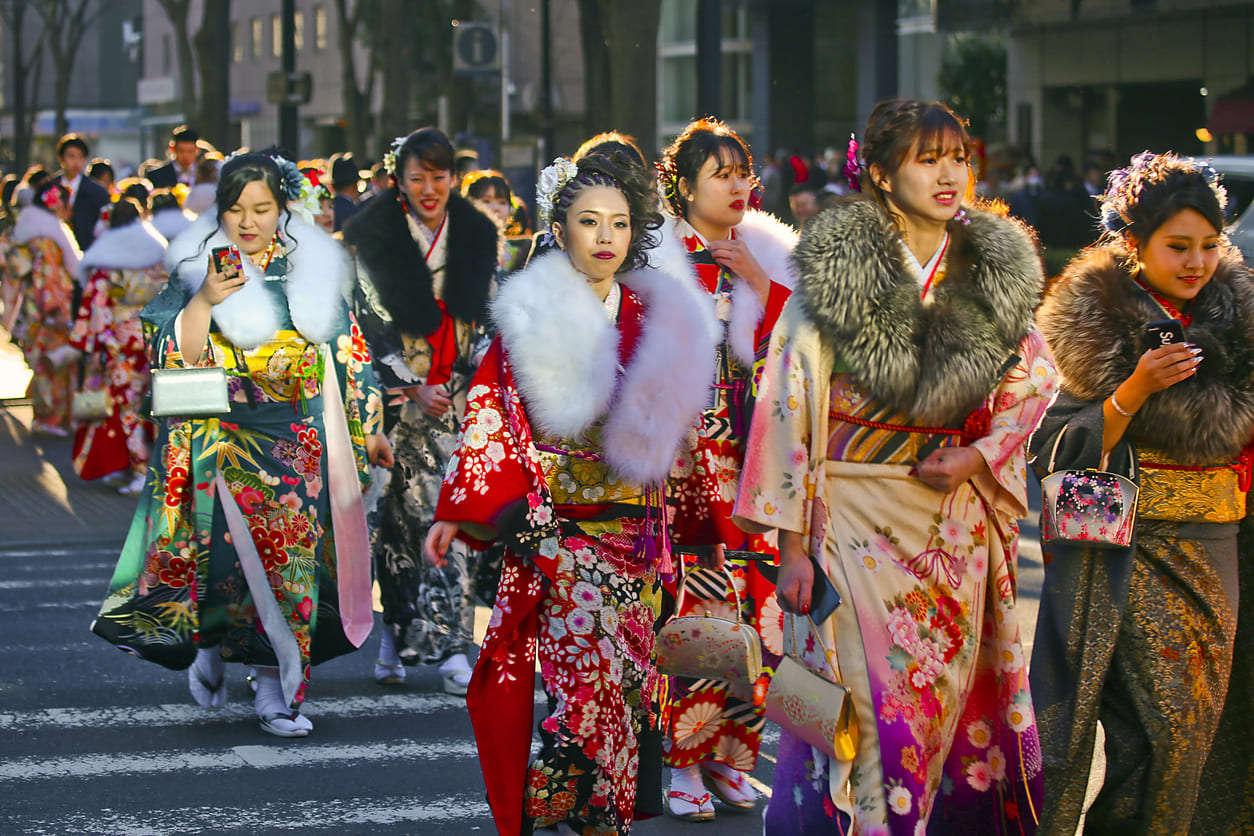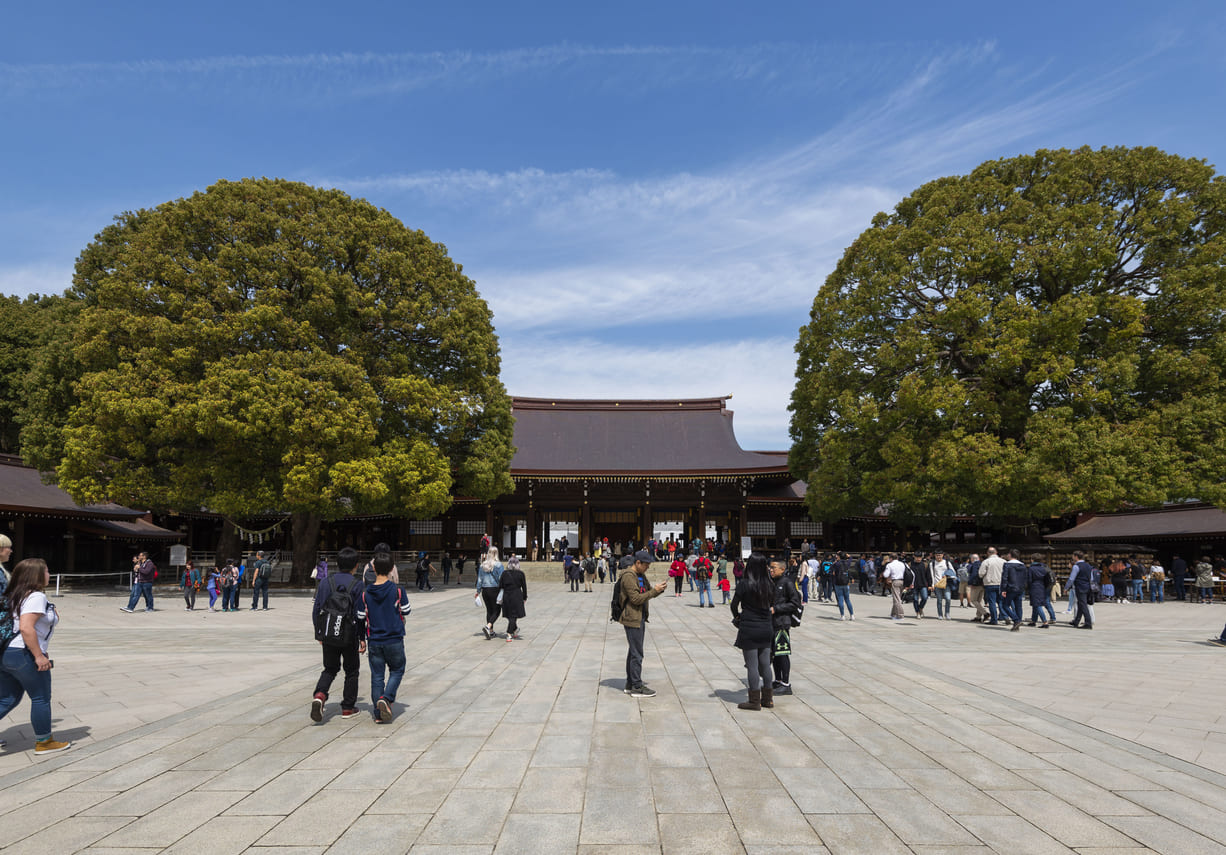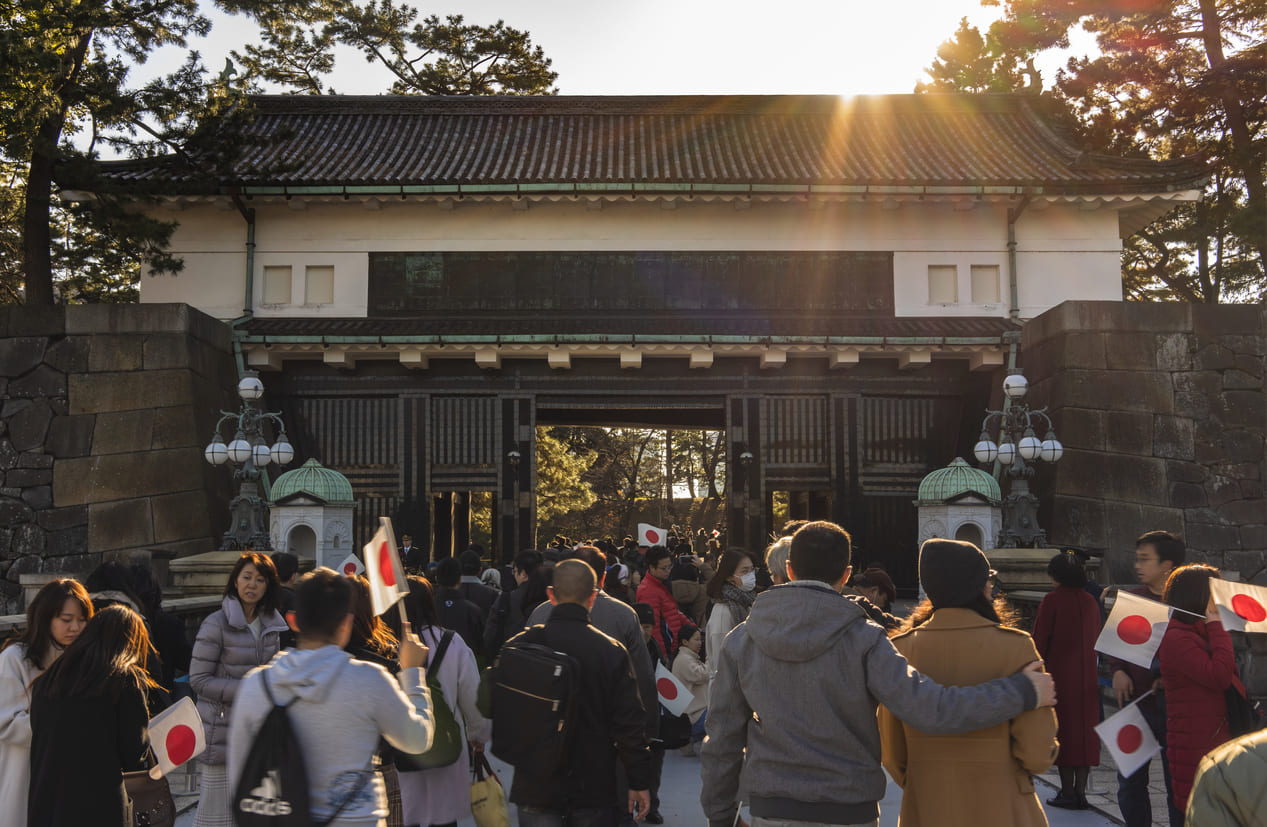Dates of New Year's Day in Japan
| 2026 | Jan 1 - Jan 3 |
| 2025 | Jan 1 - Jan 3 |
| 2024 | Jan 1 - Jan 3 |
Related Holiday in Japan
Japan Holiday Calendars
New Year's Day, or Ganjitsu, is the most important holiday in Japan, symbolizing renewal, good fortune, and fresh beginnings. Families celebrate with traditional meals, shrine visits, and heartfelt wishes for health and happiness in the year ahead.
New Year's Day: A Public Holiday?
New Year's Day (Ganjitsu) is a public holiday in Japan, with schools, offices, and most businesses closed as people celebrate the beginning of the year with family and tradition. It marks the start of the extended New Year holiday period, which typically lasts from January 1 to January 3.
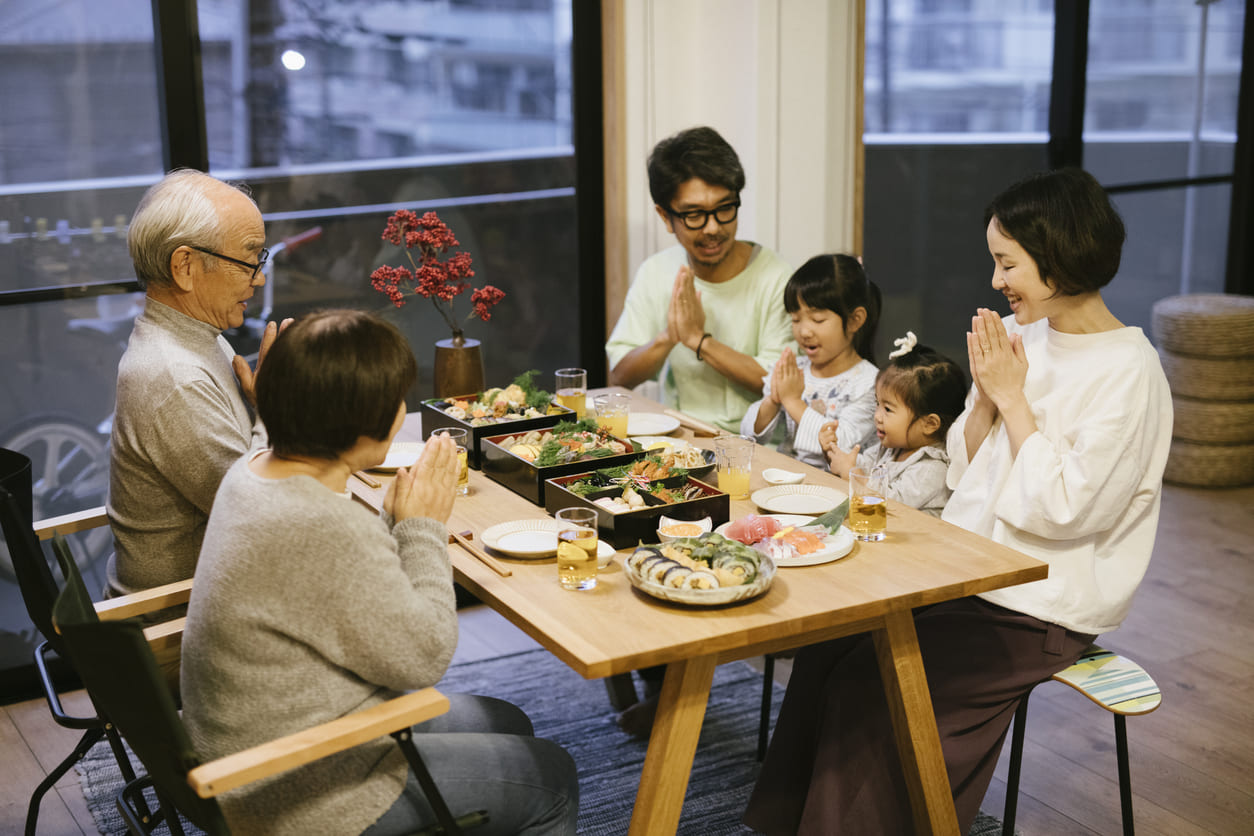
New Year's Day
New Year's Day, known as Ganjitsu, has been celebrated in Japan for centuries and is deeply rooted in cultural and spiritual traditions. Before the Meiji era, Japan followed the lunar calendar, and the new year began later in the winter. With the adoption of the Gregorian calendar in 1873, January 1 officially became New Year's Day. Despite this change, many of the customs from the lunar new year were preserved and adapted to the new date.
The New Year has long been considered the most important holiday in Japan. It symbolizes renewal, purification, and a fresh start. Traditional Shinto beliefs hold that the toshigami, or god of the new year, visits each household at the start of the year. To welcome this deity, people clean their homes at the end of December and prepare special decorations and food. Over time, New Year's Day has remained a time for families to gather, reflect on the past year, and express hope for the one ahead.
New Year's Day Celebration in Japan
New Year's Day marks the beginning of the shōgatsu season, a time of celebration and rest in Japan. It is the first day of a multi-day holiday that usually extends until January 3. On this day, families gather at home to enjoy traditional meals such as osechi ryōri and zōni, which are prepared in advance and filled with symbolic meanings of health, happiness, and prosperity. The holiday is known for its calm, respectful tone, with many people avoiding loud parties or travel and instead focusing on family and gratitude.
One of the most important customs is hatsumōde, the first shrine or temple visit of the year. People pray for good fortune, health, and success while receiving omikuji (fortune slips) and purchasing lucky charms. Shrines and temples are often crowded, especially on January 1, as millions of people across Japan take part in this ritual. Some also send nengajo, New Year's greeting postcards, which are delivered precisely on January 1, adding a warm, personal touch to the holiday.
New Year's Day holds deep meaning in Japanese culture as a time for renewal, reflection, and starting fresh. It brings families together, reinforces traditional values, and provides a peaceful break from daily life. Even as lifestyles modernize, the core essence of Ganjitsu remains strong—welcoming the new year with gratitude, harmony, and hope.
New Year's Day Observances
| Year | Date | Weekday | Name | Holiday Type |
|---|---|---|---|---|
| 2024 | Jan 1 | Mon | New Year's Day | National Holiday |
| Jan 2 | Tue | New Year Holiday | Bank Holiday | |
| Jan 3 | Wed | New Year Holiday | Bank Holiday | |
| 2025 | Jan 1 | Wed | New Year's Day | National Holiday |
| Jan 2 | Thu | New Year Holiday | Bank Holiday | |
| Jan 3 | Fri | New Year Holiday | Bank Holiday | |
| 2026 | Jan 1 | Thu | New Year's Day | National Holiday |
| Jan 2 | Fri | New Year Holiday | Bank Holiday | |
| Jan 3 | Sat | New Year Holiday | Bank Holiday | |
| 2027 | Jan 1 | Fri | New Year's Day | National Holiday |
| Jan 2 | Sat | New Year Holiday | Bank Holiday | |
| Jan 3 | Sun | New Year Holiday | Bank Holiday | |
| 2028 | Jan 1 | Sat | New Year's Day | National Holiday |
| Jan 2 | Sun | New Year Holiday | Bank Holiday | |
| Jan 3 | Mon | New Year Holiday | Bank Holiday |
